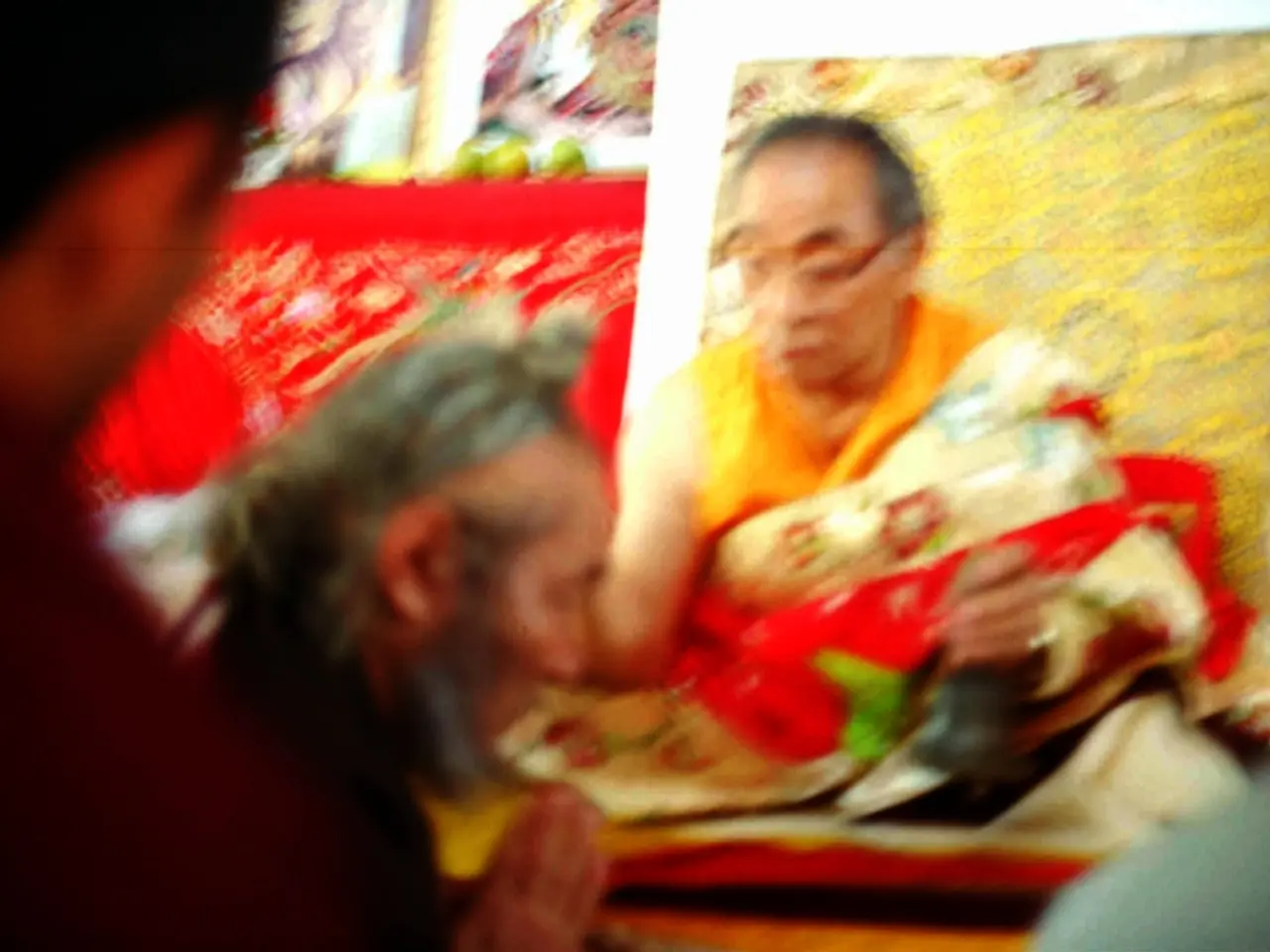Investigating the Concept of Rebirth: A Deep Dive into Reincarnation
In the intricate tapestry of life, the question of past lives remains a captivating mystery, a personal journey that invites introspection and self-discovery. Whether we believe in the cyclical rebirth of a soul or this is our one and only journey, each moment presents a unique opportunity for growth, learning, and connection.
Belief in reincarnation is a deeply personal choice, a decision shaped by individual perspectives and experiences. This belief, however, is not confined to Eastern religions. It is also found in ancient Greek philosophy and various indigenous cultures. Hinduism, Buddhism, and ancient Greek philosophy are among the most prominent cultures and religions that embrace the concept of reincarnation.
Hinduism, for instance, refers to reincarnation as samsara, the cycle of birth, death, and rebirth. The karma accumulated in each life influences the next, guiding the soul through its cycle with the ultimate aim of liberation, or Moksha. Buddhism, on the other hand, denies a permanent soul but views rebirth as a flow of consciousness to be escaped by enlightenment, or Nirvana.
In ancient Greece, philosophers like Pythagoras and Plato believed in the migration of souls between bodies. Other religions, such as Islam, reject the concept of reincarnation.
Regardless of one's perspective, the key to navigating this complex maze of beliefs lies in living fully in the present, embracing the opportunity for growth, and treating ourselves and others with compassion.
Dr. Ian Stevenson, a psychiatrist, dedicated decades of his life to investigating children who spontaneously recalled details from what they claimed were past lives. His work, while controversial, shed light on the possibility of memories spanning multiple lifetimes.
Past life regression therapy, a practice that uses hypnosis or guided meditation to access memories and experiences from what are believed to be past lives, has also gained popularity. However, the validity of these memories and the existence of reincarnation remain subjects of ongoing debate.
One thing that transcends all belief systems is the universal principle of treating others with kindness and compassion. This principle, when applied to our daily lives, can transform our experiences, fostering connections and promoting a sense of unity.
Living intentionally means making conscious choices that align with our values and aspirations. Focusing on the present moment is paramount, regardless of whether one believes in reincarnation or not. The present is a precious gift, offering us the chance to learn, grow, and connect.
Déjà vu, the feeling of having experienced something before, is often cited as a possible indication of past life memories. Yet, it serves as a reminder to cherish each moment, for it may never come again.
In conclusion, the exploration of past lives is a profound and rewarding endeavour, inviting us to delve deeper into ourselves and our connections with others. Whether we choose to believe in reincarnation or not, the journey of self-discovery is a universal experience that transcends time and culture.
Read also:
- Dual-function mattress offers both cooling and coziness at an affordable price.
- Krafton countersues Unknown Worlds, asserting that Subnautica 2 posed a threat of significant damage to their entire franchise, similar to the potential harm Kerbal Space Program 2 supposedly inflicted.
- Title Transformation: Utilizing the Shifting Dynamics of British Politics, Bernie Sanders' Potential Advantage
- Strategies for Conquering Major Obstacles in Expanding a Political Group




